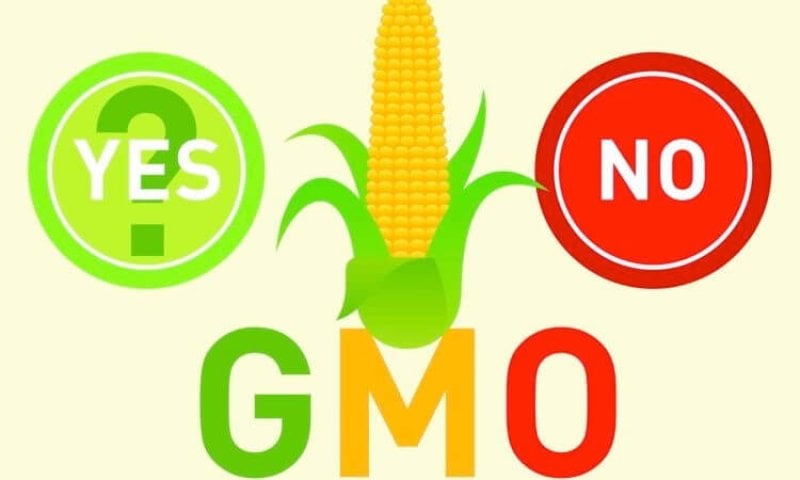Scientists can do some amazing things with genes, from saving papayas from extinction, to making apples last longer before turning brown, to creating variants of crops that reduce pesticide use. Some of these things may sound too good to be true and I understand if you’re skeptical. How does this work? Is it safe? How do we know it’s safe? What are the side effects? If you’re asking these questions, you’re like many Americans who question the idea of genetically modified organisms.
…
When you think of genetic modification, it may conjure images of laboratories where scientists are injecting plants and animals with various random chemicals. But while genes can be modified by using chemical and biological agents, both in nature and in the lab, modern genetic modification procedures are hardly random. The most advanced methods, such as CRISPR, are extremely precise and based on decades of research.
Still, that might sound scary: scientists are messing with the nature of an organism. After all, our genes are what make us us, right? Can we be sure of the effects when we mix genes from two different species? (We can.) If you eat something with modified genes does it have an effect on our own genes? (It doesn’t.)
Read full, original article: Are You Scared of GMO Foods?































